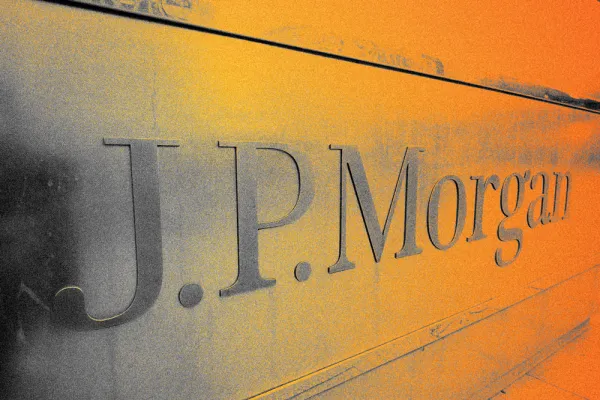As worries about private credit have increased in recent months, regulators and rating agencies are raising more concerns about the role of insurance companies that are partially or fully owned by private equity firms.
“Potential conflicts of interest and the lack of transparency” in private credit owned or managed by PE insurers are two areas that require “special attention,” according to a recent International Monetary Fund report on global financial stability.
Insurance companies have invested in private credit for decades. But since the financial crisis of 2008, private equity firms have either bought up life insurance companies or partnered with them to manage their pools of capital, which has typically resulted in increased allocations to private credit. In some cases, the private credit investments have involved the same companies the PE firms own through their private equity funds.
As a result, private credit now accounts for about 35 percent of the investment portfolios of North American insurance companies, according to the new IMF report. The biggest portion of insurers’ private credit portfolios is tied to commercial real estate, accounting for about 12 percent of their investments, followed by private placements, the IMF said.
While not focusing specifically on PE-managed insurance, Moody’s echoed some of the IMF’s concerns in a recent report in which it notes that insurers are investing in riskier fixed-income assets. “Private credit, including private placements, mortgage loans, asset-backed finance, and niche strategies such as litigation finance or infrastructure, has expanded as insurers seek diversification beyond public markets,” the ratings agency wrote. “These investments align with long-duration liabilities like life insurance and annuity products, offering yield premiums above public bonds. However, their complexity and opacity can complicate liability matching, valuation, and regulatory reporting.”
To some extent, this is not a new issue. The latest IMF report references a 2023 report on private equity in insurance, which itself mentions a 2020 IMF study that found that once the private equity firms bought or partnered with the insurers, they quickly shifted their asset mix. “PE-influenced insurers decreased their share of corporate bonds by more than 7 percentage points and increased their private-label ABS holdings by more than 6 percentage points within a year [of the deal],” it said.
The 2023 IMF report found that PE-backed insurers have almost twice as much of their assets in illiquid assets than do other insurers. The potential problem, the IMF researchers said, is that “greater investment in structured and private credit … could make liquidating portfolios more challenging if facing margin calls on derivatives or repurchase agreement contracts or policy surrenders should interest rates continue to rise rapidly.”
It added that “the severity of such a scenario could be aggravated by the embedded leverage in structured-credit investments, such as collateralized loan obligations. This also raises the question of whether the credit risk and loss-absorbing capacity of these illiquid exposures is measured appropriately.”
The 2023 report said that “PE-influenced life insurers are also more vulnerable to a potential adverse scenario of increases in corporate defaults and credit downgrades should the economy slow down because of higher interest rates.”
Although most of this private credit is classified as investment grade, which allows for favorable regulatory capital treatment, the IMF also raised concerns about the rapid growth of new private rating agencies, which have become responsible for more of these ratings.
The big three rating agencies — Moody’s, S&P Global Ratings, and Fitch Ratings — rated about 1,000 private securities in 2023, similar to the number they rated in 2019. But according to the IMF, some 7,000 securities were rated by “specialized” rating agencies in 2023, compared with about 2,000 in 2019 — an almost fourfold increase. If these rating agencies are misclassifying non-investment grade securities as investment grade, more defaults are likely to occur. “It is imperative to keep the risk of inflated ratings minimal by ensuring the soundness of private rating assessments,” the IMF said.
While not offering any new policy guidance, the IMF said that “insurance supervisors are beginning to identify issues of concern with respect to PE influence in the life insurance sector and are working on regulatory or supervisory responses to address those concerns.” It added that “supervisors are encouraged to work closely with other authorities in charge of systemic risk to analyze the possible contagion to other parts of the financial system and in the real economy.”






